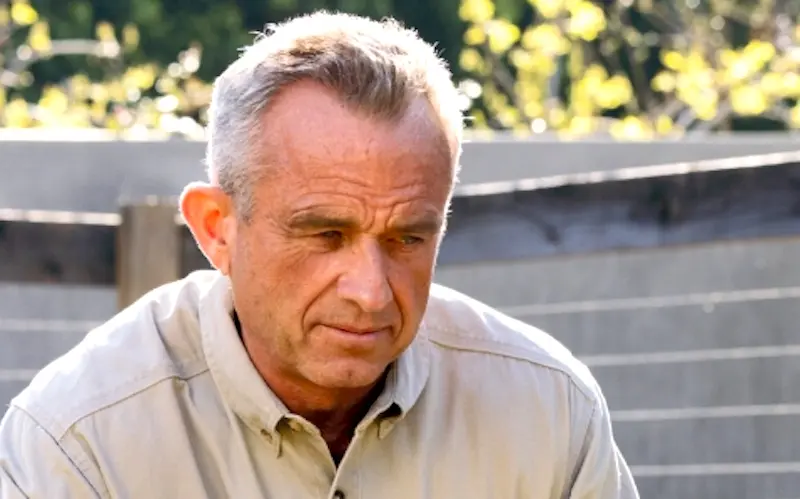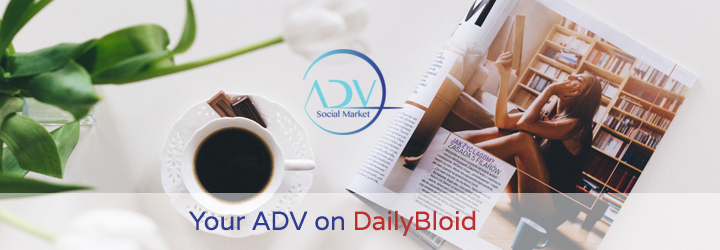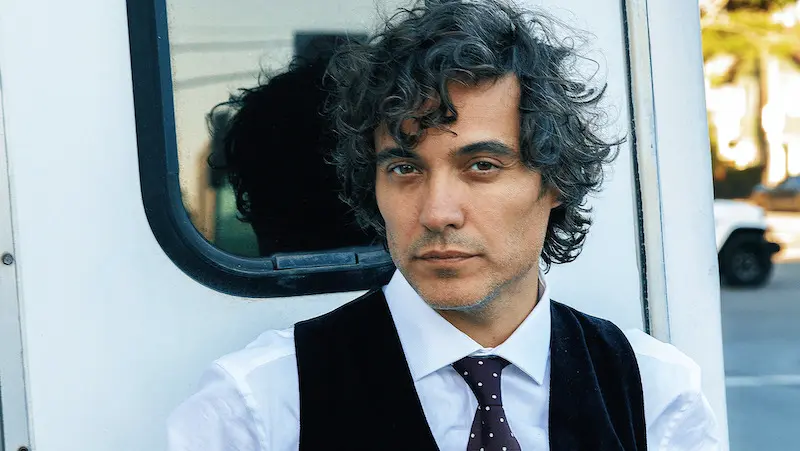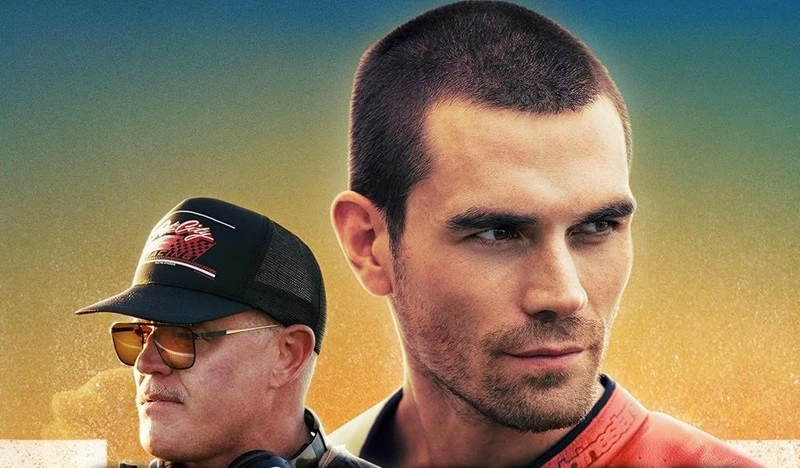Meeting with Robert F. Kennedy, US Presidential Candidate: The Difficulty of Being a Third Voice
Daily / Interview - 02 August 2024
Discover the interview with Robert F. Kennedy, independent candidate for the presidency of the United States.

Robert F. Kennedy Jr. is the independent candidate in the US presidential election. To enter the race against Donald Trump and Joe Biden - who is likely to be replaced by Kamala Harris - he must meet a number of signatures that varies from state to state. Published books include St Francis of Assisi: A Life of Joy, The Real Anthony Fauci: Bill Gates, Big Pharma, and the Global War on Democracy and Public Health. Robert F. Kennedy Jr. is the son of Robert F. Kennedy, assassinated in 1968, and grandson of John F. Kennedy, assassinated in 1963.
What is the major effort in terms of signature gathering for candidacy?
Robert F. Kennedy – Presidential Candidate. All of the major press, predicted from day one, since I declared my independence eight months ago, that our campaign should not be taken seriously because we would never be on the ballot. I think most of you who are journalists can go back and look at your journals and see those predictions: we have been able to overcome impossible odds. I've met our volunteers as I've traveled around the country, and they're people who, you know, I'm always amazed by, they're people who I've never met, in particular, who have put in months and months of hard work to get me on the ballot, and it's very humbling.
I met a huge man the other day, about
6 feet tall, and in Nevada he said he lost 20 pounds in the last three days
collecting signatures for me, in 117 degree heat. I think we needed 2,500
signatures, we got 5,000 signatures in four days. During a snowstorm the
volunteers had to persuade people walking on the streets, and conquered and
Manchester and Keene: to stop to take off their gloves to write in a clear hand
because if they were shivering - and their hand was moving - then you know that
the efforts against us would invalidate that ballot. Look at the Gallery: John F. Kennedy Library Foundation
How has the political climate changed since the assassination attempt on Donald Trump?
Robert F. Kennedy. Before this gesture, the political candidates talked about unity, but that desire for unity, for kindness, for compassion and understanding: has since evaporated, and we're back to the vitriolic battle, the demonization of the other side. As long as we're at each other's throats, we're not going to be able to move forward: we're not going to be able to accomplish anything as a country, and our country is going to continue to spiral downward.
We can reverse that decline. We have extraordinary resilience, but a house divided cannot stand, and we finally need a candidate who is going to bridge that divide and bring Americans together.
What was the most difficult part of being a third party?
Nicole Shanahan – Vice Presidential Candidate. In every effort that's central to a campaign, a presidential campaign, we've had significant disadvantages compared to Biden, Harris and Trump. We've had fundraising caps. The maximum donation to our campaign was 6,600 dollars. And so we've been doing this financially handicapped.
The ballot access handicap is the biggest. That's where most of our money has gone. And I have to say, I had no idea how difficult it was for third party candidates to get on the ballot in this country.
I always assumed that we were an open democracy that encouraged as many qualified voices as possible to speak. And I have to say that ballot access has given all of us the opportunity to come together and wear multiple hats.
Some polls put you at 15 percent. How are you meeting that challenge?
Amaryllis Kenendy – Campaign manager. Most journalists today have never seen an independent candidate do what we have done. It hasn't happened in three decades. But I think more of the same, an incumbent, we're basically running against two incumbents at a time when of all the things this country disagrees on, the one thing we all agree on is that things are not going in the right direction.
How does access to the media promote one's political design?
Robert F. Kennedy. In 18 months, ABC has never let me on for a single interview, NBC has not let me on for a single interview, like CBS, and we have asked several times to participate. I've been on MSNBC, the interview I did with CVS was taped. I did two taped interviews with Michael McConish and the one with Major Garrett. And that's it. In 18 months, I was not allowed on the major platforms that we talked to, that we talked to the American people through.
And those platforms are also telling the American public every day that I can't win. And my favorite probability ratings are higher than President Trump's and President Biden's.
This polarization, demonization of the other side of other Americans, is very toxic. I grew up in a household where journalists were revered. The RFK Memorial's grand prize, named in my father's honor, is the Journalism Award. I grew up in my household knowing some of the greatest journalists of our time and revering journalism as a noble profession that was a critical guardian of democracy, that it was the fourth estate, that it was the incorruptible. It keeps democracy honest, that treats every person with dignity and every concentration of power with fear or skepticism. And I personally would like to see more of that in this campaign.
There's an ethical rule in journalism that says before a jury trial you don't tell people who you think is guilty, you let the jury decide. I would say in this case there's a similar imperative that says in a democracy you should let the public decide, you should give everybody a platform and everybody a fair shake.
© All right Reserved






.jpg)






